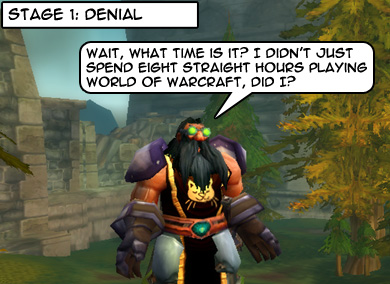Cinema-style age ratings coming to the Internet?
In the history of bad ideas and misguided Internet regulation, I do not think that I have come across something as ludicrous as the latest proposal from the Rt Hon Andy Burnham (Labour - Leigh), the Secretary of State for Culture. Mr Burnham (I'll dispense with the honorific for now) believes that websites should contain some sort of cinema-style classification system to flag those places of the web not friendly to children. He states that:
“If you look back at the people who created the internet they talked very deliberately about creating a space that Governments couldn’t reach. I think we are having to revisit that stuff seriously now. It’s true across the board in terms of content, harmful content, and copyright. Libel is [also] an emerging issue. There is content that should just not be available to be viewed. That is my view. Absolutely categorical. This is not a campaign against free speech, far from it; it is simply there is a wider public interest at stake when it involves harm to other people. We have got to get better at defining where the public interest lies and being clear about it. I think there is definitely a case for clearer standards online. More ability for parents to understand if their child is on a site, what standards it is operating to. What are the protections that are in place?”So, the Internet is a big nasty place, we get it. Apparently, children are being harmed by it all the time, I guess that they suddenly find themselves in porn sites, or websites advocating terrorism, drug-abuse, communism, atheism, and maybe even links to My Chemical Romance's Myspace page. Children must be protected! But how to do it? I know! propose a thoroughly unworkable classification system! That should do it?
Let's talk smple math here. There are 186 million servers online, serving at least 1 trillion pages. I would like to know how does Mr Burnham propose to classify all of them. If he intends to classify only .uk pages, that is still a crapload of pages, but also sort of defeats the purpose as the entire web would still be available for view, unless he intends to create a big firewall China-style that will somehow filter the web for us.
As this process will take ages, not to mention an army of censors, I'll get the ball rolling and self-classify my pages. This blog is rated PG.

 del.icio.us
del.icio.us



 Habitual and casual readers may have noticed
Habitual and casual readers may have noticed 









 From the same people who brought you The War on TerrorTM, comes the latest in terrorist tools: Twitter!
From the same people who brought you The War on TerrorTM, comes the latest in terrorist tools: Twitter! 








